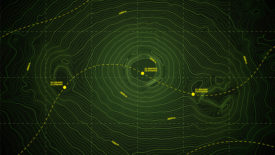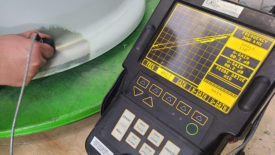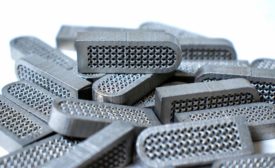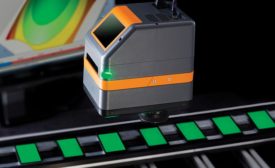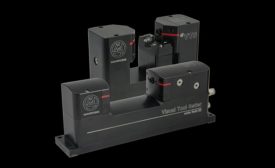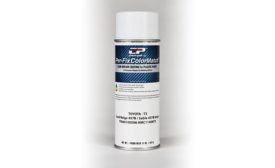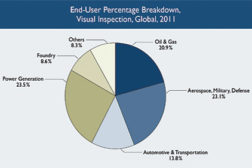Home » Keywords: » visual testing
Items Tagged with 'visual testing'
ARTICLES
NDT | Certification
NDT certification is mandatory for individuals working in industries where the integrity of materials and structures is of utmost importance.
Read More
NDT | ASNT Column
NDT Applications for Manufacturing of Amusement Park Rides
Ensuring thrills are safe and sound.
June 13, 2024
ASNT Column | Muriel Magloire
Enhancing Safety Through Nondestructive Testing (NDT): Preventing Catastrophes and Ensuring Integrity
NDT plays a major role in preventing disasters and upholding safety standards.
March 12, 2024
NDT | Inspection
Nondestructive Testing (NDT) of Commercial Aircraft Wheels
The main flaws uncovered by NDT on the wheels are cracking, corrosion, geometrical distortion, and overheating.
January 15, 2024
NDT of Medical Devices
NDT methods play a critical role in the quality assurance of medical devices.
November 29, 2020
Using “Just Noticeable Difference” to Automate Visual Inspection of Displays According to Human Visual Perception
Visual display testing is rapidly being automated using systems that are capable of objectively quantifying visual qualities like brightness, color, and contrast of displays.
January 8, 2020
NDT - Remote Visual Inspection
Market Dynamics Aiding Adoption of Remote Visual Inspection
November 2, 2012
EVENTS
Webinar
4/2/25 to 4/2/26
Contact: Meg K.
How to Optimize Color Quality Inspections to Create a Sustainable Workflow
Stay in the know with Quality’s comprehensive coverage of
the manufacturing and metrology industries.
eNewsletter | Website | eMagazine
JOIN TODAY!Copyright ©2025. All Rights Reserved BNP Media.
Design, CMS, Hosting & Web Development :: ePublishing



